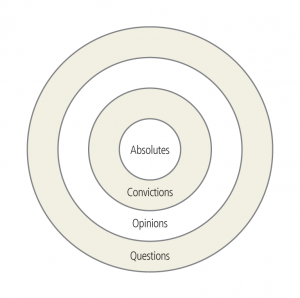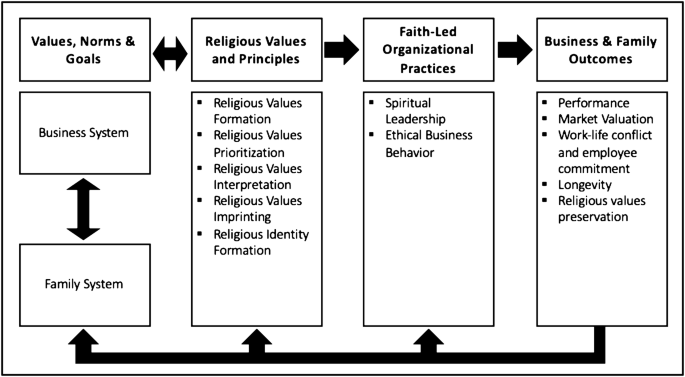Exploring the Fundamentals of Theology and Doctrine
Theology and doctrine are central to many religious traditions and beliefs. From Christianity to Islam to Buddhism, the study of theology and doctrine can provide insights into the nature of the divine, the creation of the universe, and the relationship between humans and the divine. In this blog post, we will explore the fundamentals of theology and doctrine, including their definitions, historical context, and key concepts.
What is Theology?
Theology is the study of the nature of God, the divine, and religious belief. Theology seeks to understand and explain the nature of God, the creation of the universe, and the relationship between humans and the divine. Theology can be approached from many different perspectives, including philosophy, history, and psychology.
Theology is often divided into various fields of study, including systematic theology, biblical theology, and historical theology. Systematic theology is concerned with the organization and analysis of theological doctrines, whereas biblical theology focuses on the study of the Bible and its teachings. Historical theology examines the evolution of Christian doctrine throughout history.
What is Doctrine?
Doctrine refers to the set of beliefs and teachings held by a religious tradition or community. Doctrine can include theological concepts, ethical principles, and ritual observances. Doctrine serves as a guide for believers, providing them with a framework for understanding their faith and living their lives in accordance with their beliefs.
Doctrine can be shaped by a variety of factors, including scripture, tradition, reason, and experience. These factors are often referred to as the Wesleyan Quadrilateral, after the founder of Methodism, John Wesley, who identified them as sources of religious authority.
The Historical Context of Theology and Doctrine
The study of theology and doctrine has a rich historical context, spanning thousands of years and multiple cultures and traditions. In early Christianity, theologians such as Augustine and Thomas Aquinas sought to reconcile Christian doctrine with the philosophy of their time. Islam has a rich tradition of scholarship in theology and doctrine, with notable theologians including Al-Farabi and Ibn Rushd. Buddhist philosophy also includes a rich tradition of theological exploration, with thinkers such as Nagarjuna and Vasubandhu contributing to the development of Buddhist doctrine.
Key Concepts in Theology and Doctrine
There are many key concepts in theology and doctrine that are common across different religious traditions. These include:
– God: The concept of God is central to many religious traditions. Different religions have different understandings of the nature of God, including monotheistic, polytheistic, and pantheistic views.
– Creation: The creation of the universe is an important concept in many religious traditions. Different religions have different understandings of how the universe was created, including creation ex nihilo (out of nothing), creation from chaos, and creation from pre-existing material.
– Salvation: The concept of salvation, or the deliverance of humans from the consequences of sin, is central to many religious traditions. Different religions have different views on how salvation is achieved, with some emphasizing faith, others emphasizing works, and still others emphasizing a combination of the two.
– Ethics: Ethics are an important aspect of religious doctrine, providing a framework for moral behavior and social interaction. Different religions have different ethical principles, ranging from the golden rule to the ten commandments to the eightfold path.
Conclusion
Theology and doctrine are central to many religious traditions, providing a framework for understanding the divine, the universe, and human nature. They have a rich historical context, spanning thousands of years and multiple cultures and traditions. Through the study of theology and doctrine, we can gain insights into the nature of religious belief and the human condition.











